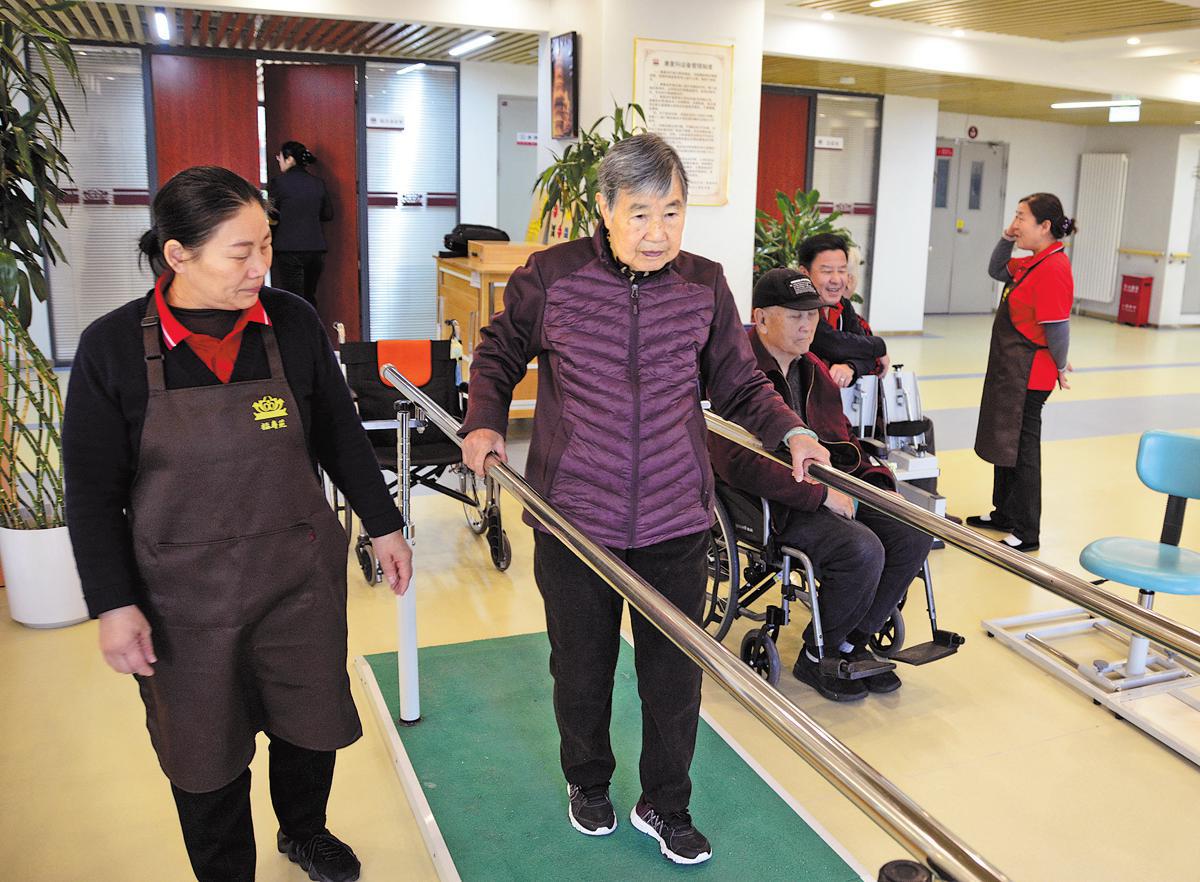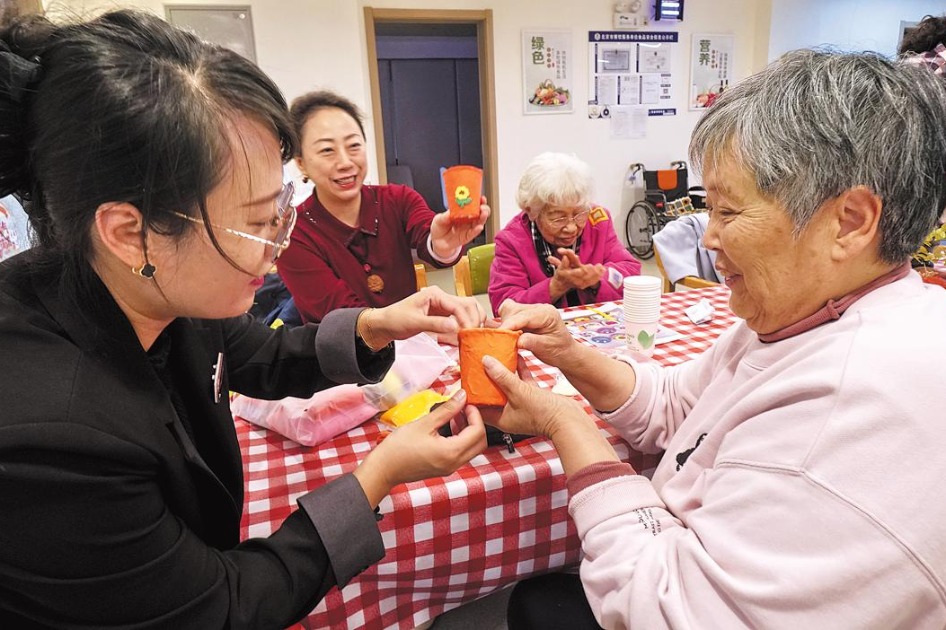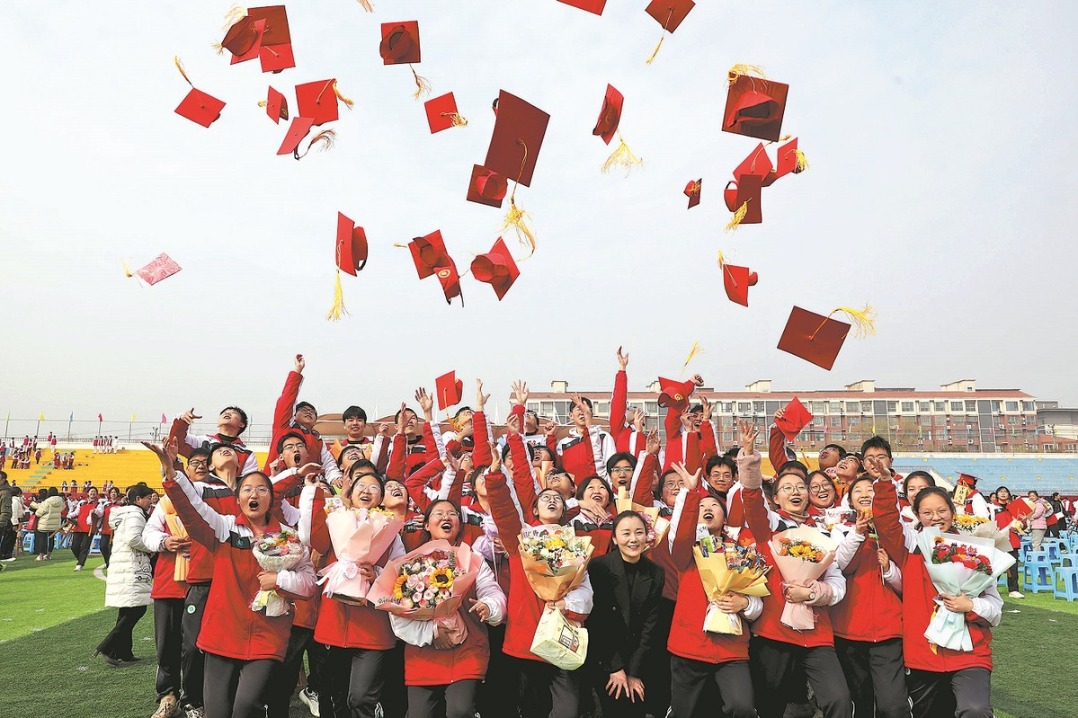'Memory clinics' turning back 'silver tsunami' of dementia
Beijing's innovative programs take lead in fighting cognitive decline


On a Thursday morning at Beijing's Baizhifang Community Health Center, 80-year-old Qian Zhirong carefully folds origami cranes under a doctor's guidance.
Six months earlier, she had experienced growing anxiety about behavior such as repeatedly checking light switches, and feared the onset of early dementia.
Today, her laughter echoes through a "memory clinic" where cognitive screening has become as routine as blood pressure checks. She also practices "finger gymnastics" on a daily basis — a deceptively simple exercise that researchers say helps preserve neural pathways.
These methods represent China's new front-line tactics in battling cognitive decline, with ordinary residents participating in Beijing's ambitious plan to establish over 20 community-based memory clinics by year's end.
With over 16 million dementia patients and others experiencing mild cognitive impairment, the country's "silver tsunami "poses unprecedented challenges. In Beijing, health authorities are bringing specialized care to residents' doorsteps through hospital-community partnerships.
At Baizhifang center, more than 100 seniors have undergone assessments since the beginning of this year. The process is streamlined, with initial screenings using standardized tests done at the community level. More complex cases are referred to Xuanwu Hospital or other specialist hospitals.























